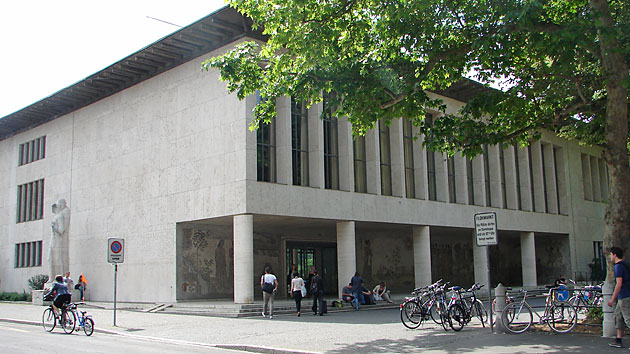
Register now for the Master's Info Evening 2026 at the University of Basel.
Are you about to switch from a Bachelor's to a Master's degree program and still have questions?
Then find out about our wide range of Master's courses now and come along on Thursday, March 12, to get all your questions answered.


